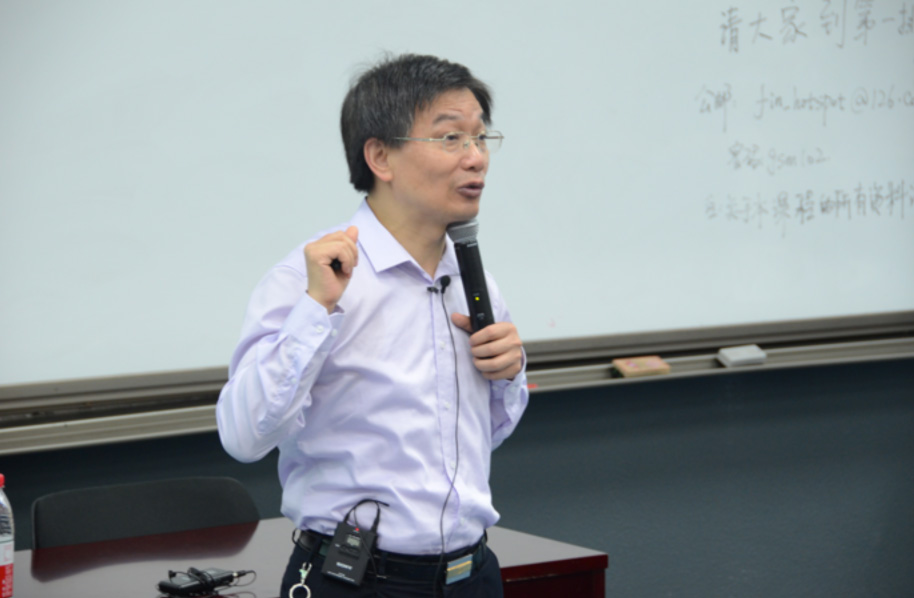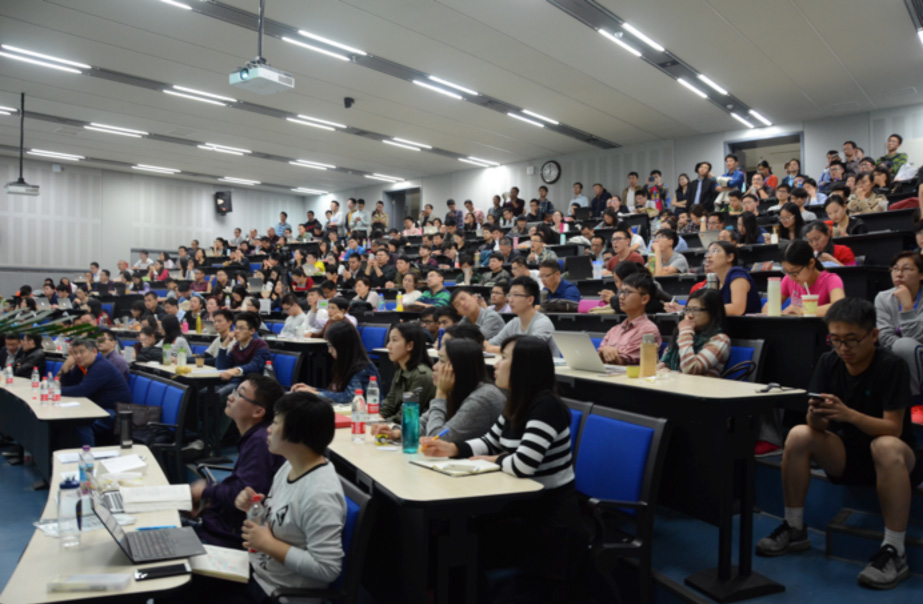On the evening of October 13, 2015, co-sponsored by Case Center and National Center for Financial Research (NCFR) at Peking University, as well as Guanghua 898 International Innovation Research Center, the Guanghua School of management successfully held the 37th Case Lecture series. The event was hosted by Professor Jin Li, the associate Dean of Guanghua School of Management and the director for two sponsor centers. The invited speaker, Dr. Liu Jianjun elaborated on the topic of “The Development of Equity and Venture Capital Fund in China" from his business experience and unique perspectives. In retrospect, he spoke about the history of China's venture capital and private offering fund, also pointed out the facing challenges and opportunities.

Dr. Liu Jianjun, deputy director of the China Securities Regulatory Commission on private equity fund, earned Bachelor degree in Science, Master degree in Law, and doctoral degree in Economics. He serves as professor in graduate school of Chinese Academy of Social Sciences and advisor for doctoral students in Shenzhen Stock Exchange. In addition, Dr. Liu Jianjun has carried positions successively as assistant director of Chinese Lawyer Center, director of Business Unit of China Rural Development Trust Investment Company and secretary for chairman of the earliest venture capital fund - Zibo Fund, and director of Finance Agent in the National Development and Reform Commission. He has participated in draft and revision of fund related laws and partnership enterprise laws, is the main drafter of policies and regulations for equity, venture capital and private offering fund. In academic field, Dr. Liu Jianjun has published hundreds of articles in topnotch journals and magazines, such as Economy Studies, Financial Research, Finance and Economics and Management World, etc.
In his speech, Dr. Liu Jianjun called attention on common misunderstandings of PE and VC. The current translations of PE as “private equity investment” is not accurate. He proposed to translate VC as Startup Fund or Startup Investment. From supporting entrepreneurship point of view, VC should be defined as equity investment in entrepreneurship, the investment behavior of capital gains from withdrawal at the end of the term. Moreover, Dr. Liu Jianjun shared with the audience the history of development of China's venture capital regulations. Due to the inaccurate definition, China's relevant legislations have experienced many difficulties.
Next, Dr. Liu Jianjun compared venture capital industry between China and the United states. He indicated that the current venture capital in China is facing a series of challenges. First of all, influenced by "high risk, high-tech" investing paradigm, people misapprehended venture capital investment as investment in science and technology, causing poor operability of policy and low investment in early enterprises. Secondly, industry often ignored to broaden capital sources due to "fund for all" misconception. Thirdly, in China, angel capital currently follows fund model. However, that might not only hinder “real angel” cultivation, but also lead to market turmoil. Finally, since we only obtain superficial knowledge of American partnership mainstream model, some fiscal and tax policies may cause reverse incentives.

Dr. Liu Jianjun concluded his talk with a comprehensive review of the status quo of the development of China's equity and venture capital in three aspects: equity and venture capital framework, development and economic and social contributions. He commented that the inclination of raising money to individual leads to the risk of illegal fund-raising. The structural bubble still exists in capital market. A large amount of money idles, while venture capital suffers insufficiency. Under opportunism management mechanism, managers are eager to grab project using guanxi, yet overlook value-added services. The limited partnership structure is weak in protecting investors under current legislation framework. According to the above problems, Dr. Liu Jianjun laid out the corresponding solutions: strengthen legislation construction, improve relevant tax policies, promote investment structure optimization, inhibit structural bubbles, accelerate reform of Stock issuance examination system, guide investment institutions to form proper investment concept, improve professional management level, weaken the excessive dependence on IPO, and create a fair tax policy environment for investors.
After his lecture, Dr. Liu Jianjun answered questions from audience. Professor Jin Li presented Souvenirs of Appreciation to Dr. Liu Jianjun and announced a successful conclusion of this event.



